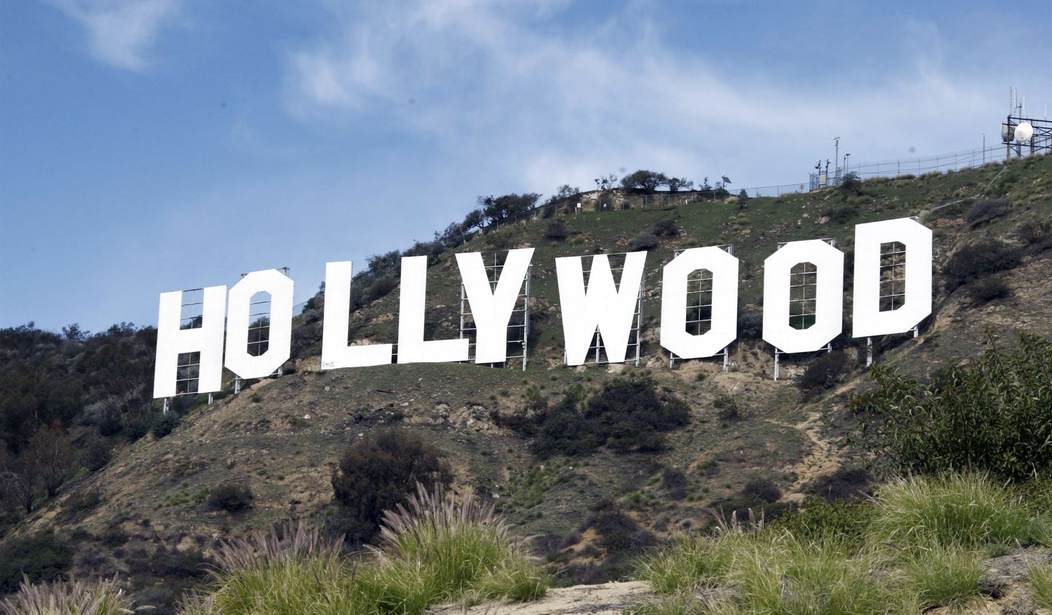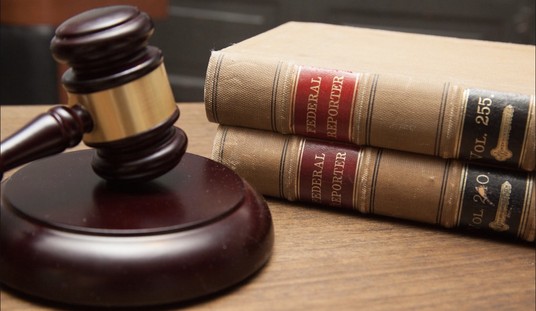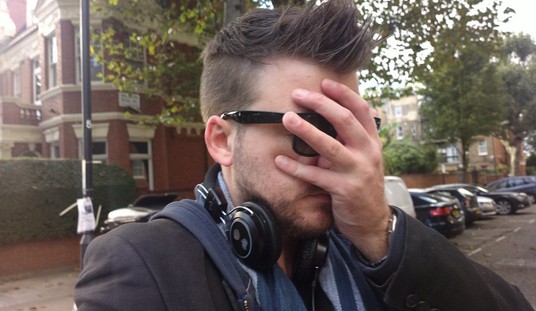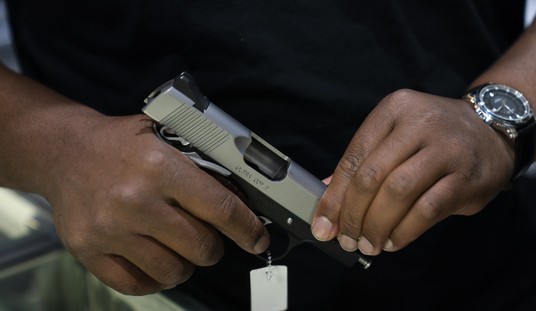Hollywood loves to lecture us on gun law, often while making a fortune with movies filled with firearms. The good, old-fashioned shoot-’em-up is a cinema staple and the movie-going public will eat them up. Meanwhile, the actors and directors and producers who make those movies will spend millions to try and fund efforts that seek to disarm people like you and me.
And I’m not just talking about Alec Baldwin, either.
The truth of the matter is that the pro-Second Amendment movie or television star is just not much of a thing. While I can name a few celebrities who do have pro-gun views, they’re the exception, not the rule.
Yet Hollywood–and really, the entertainment industry as a whole–are blissfully stupid about how firearm laws actually work.
Take this story from a movie site about knife-fights in a South Korean-made show:
Apart from My Name, this can also be observed in other K-drama series such as Vincenzo, Friend, Our Legend, and Heartless City. Before these shows, dozens of Korean films like The Man From Nowhere, Nameless Gangster: Rules of the Time, Gangster High, The Outlaws, and A Bittersweet Life have set the stage for this style and format. Other than the fact that melee fight scenes offer a much more visceral experience than any gunfight, what’s the real reason why guns aren’t that common in Korean television and cinema?
My Name’s knife melees are rooted in South Korea’s long history of gun and gang-related legislation. Ji-woo and the Dongcheon Gang, like all the other gangsters from the above-mentioned films and series, are subject to Korea’s strict gun laws. These laws are deftly enforced through comprehensive background checks for gun ownership, categorical restrictions for civilians, and measures to ensure that all issued firearms are traceable. This makes it very difficult for anyone who is not in the military, police, or government to access guns, which makes knives, fists, and other melee weapons much more practical for street gangs. The firearms issued to law enforcement come with even stricter provisions, including ammo limits and high traceability – factors that have been used in the plots of various K-dramas like My Name and Squid Game. Moreover, this is why guns are a status symbol in the Korean criminal underworld. At the same time, as the Dongcheon gang shows, there’s power in not having to rely on troublesome firearms, which is why Mu-jin was strategically developing fighters in the organization’s gym. As Korea’s gun laws have been in place for decades, its influence on the country’s shows and movies has been apparent throughout the years.
Oh, sweet break-dancing Elvis on a nuclear-powered pogo stick, are you freaking kidding me?
Do they actually think criminals in Korea follow gun laws? Holy crap, they’re dumber than I thought if they actually buy that. I mean, some schmuck in communist China got a gun. If he can get one in a totalitarian hellhole like the “People’s” Republic of China, why is it so difficult to fathom a criminal in South Korea could get one?
But I can hear it now. “Tom, that’s South Korea, not Hollywood.”
That’s fair. However, stuff made by the American entertainment industry isn’t any better. Take a scene from the show Taken where a character expresses no concern about not taking a gun into a gun-free zone since it means no one else will be armed either. Since mass shootings typically take place in gun-free zones, that seems a little stupid to assume, right?
Sure, not carrying one past a security checkpoint might give one such a feeling, but the sign on the door doesn’t stop criminals from carrying guns in places they’re not supposed to.
Yet Hollywood clearly seems to believe that works.
Honestly, this wouldn’t be an issue if people didn’t seem to internalize what they see in the movies as established fact. It’s almost like Gell-Mann Amnesia applied to movies. When you know a topic, you see just how much they get wrong, yet then somehow take everything else as if it were the gospel truth.
That includes how effective gun laws actually are.
If ignorance is bliss, then stupidity has to be even more blissful. If that’s true, then no one in Hollywood should need drugs to get high. Their ignorance on stuff like this should do the job just fine on its own.








